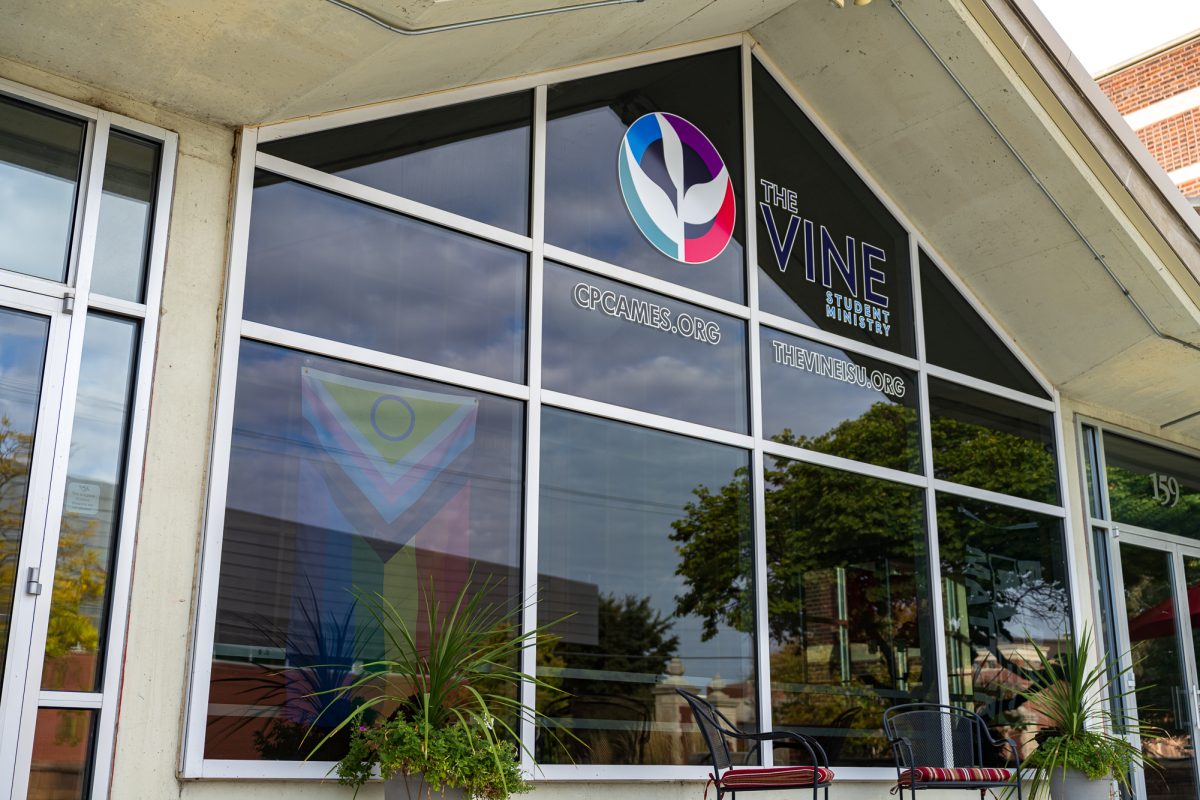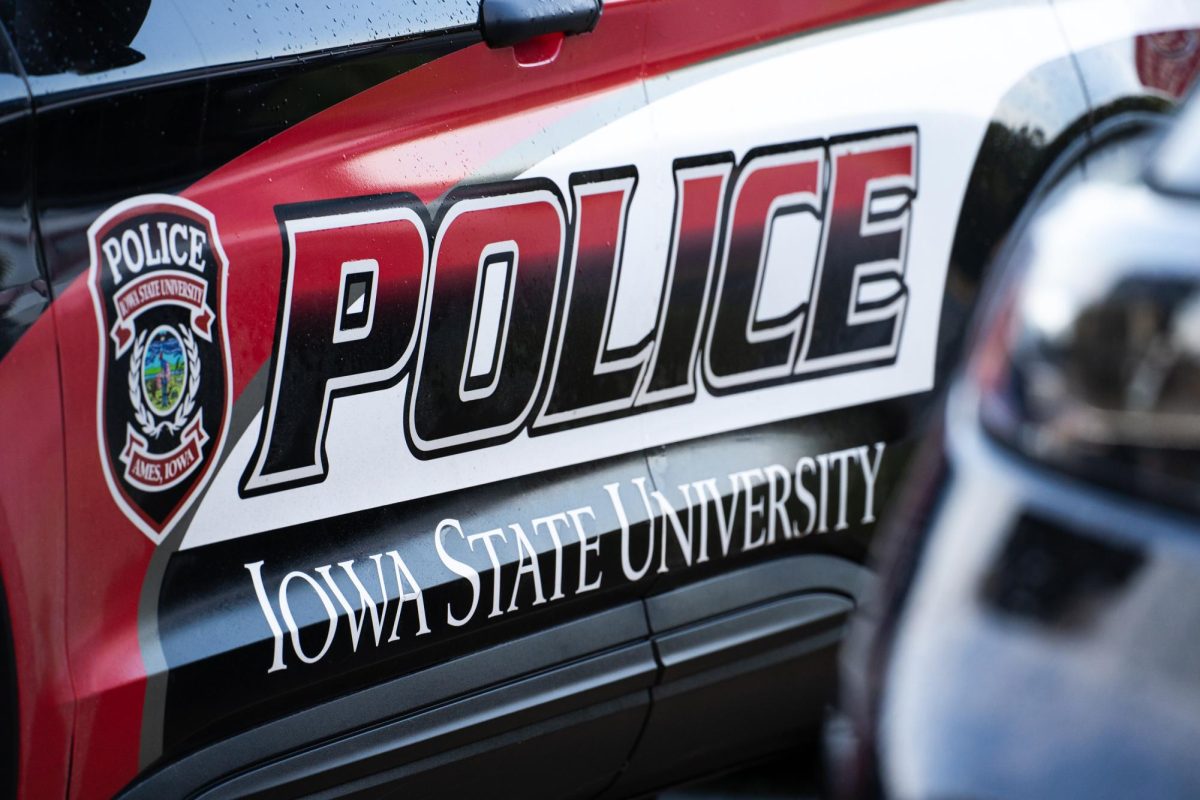Students get freebies from Internet, but is it legal?
October 2, 1998
People all over the world are “getting connected” to the Internet, and not only are they making contact with their friends, they also are providing companies with a direct line of communication to their potential customers.
Many Iowa State students have found that companies offer free promotional items over the Internet. By simply leaving an address, students can receive everything from food samples and coupon booklets to razors and advertising.
“You can get all sorts of useful stuff there,” said Kevin Youngman, sophomore in computer engineering. “For college students, who don’t always have a lot of extra money lying around, it’s great.”
Not everything that is available on the Internet is entirely legal, however. Numerous items that are either unavailable or expensive if acquired legally can be received for little or no cost online.
“I’ve got a CD binder of hundreds of discs that contain everything from music to computer games,” said Kyle, an undergraduate who asked that his last name not be revealed.
“A lot of the stuff in [my binder] is very expensive, but it isn’t all exactly legal [for me to have],” he said.
In terms of computer software and other non-material merchandise, most students said a great market is available for all sorts of illegal property.
“Anything you want, you can get,” Kyle said. “Some things are just harder to get than others.”
These actions are regulated by university policy, however.
“At Iowa State, we have a Code of Computer Ethics that we have placed in every student’s [Project] Vincent directory,” said Frank Poduska, consulting and publications manager for the ISU Computation Center.
“The owner deserves the rights of income from his own intellectual property, and we want to maintain that respect for intellectual labor,” he said.
Poduska said the consequences of possessing pirated software, CDs, or other illegal computer material are severe.
“The university is responsible, to some extent,” Poduska said.
“Sanctions are imposed both by Iowa State and by outside agencies. I’ve seen students receive warnings, and I’ve seen students go to prison for misuse of their computers,” he said.






